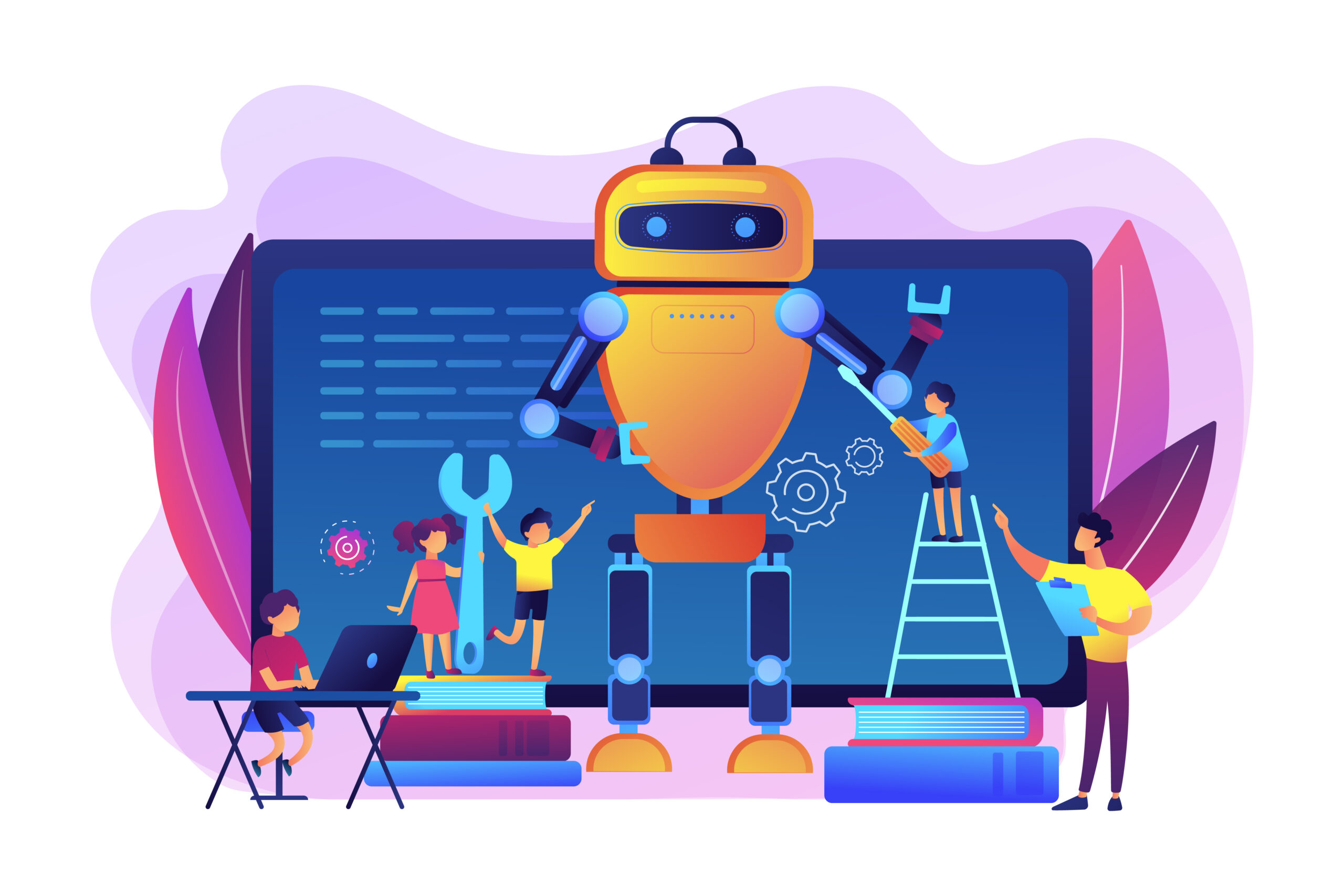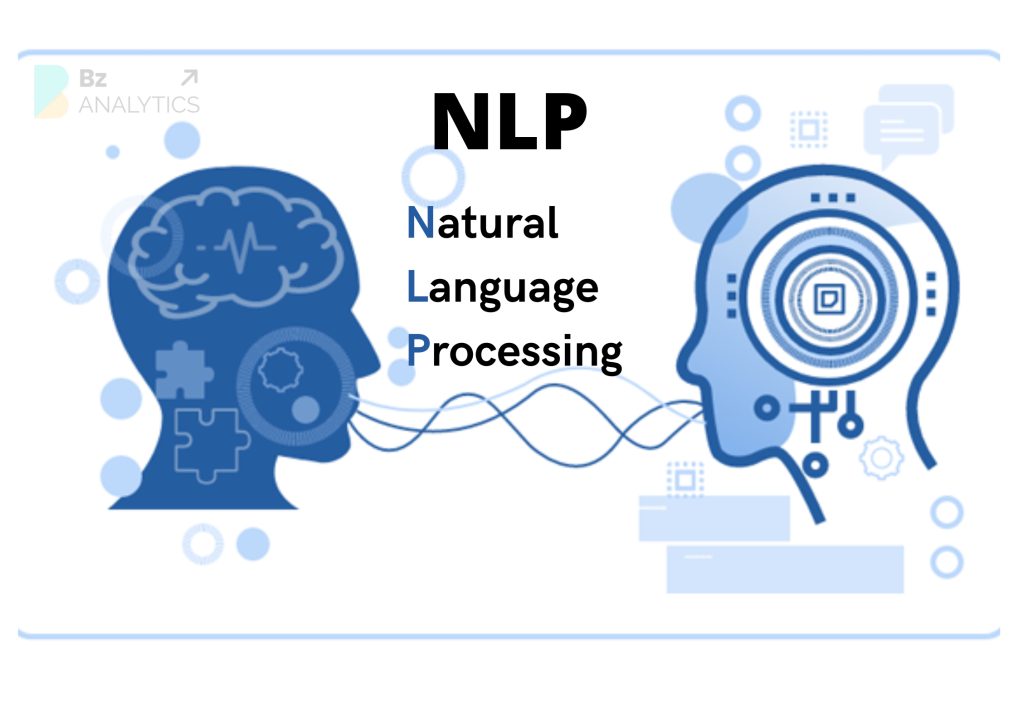Machine Learning Course in Faridabad

Machine Learning Module,TGC Faridabad

Introduction to Machine Learning
Machine learning, a branch of AI, enables computers to learn from data and make predictions or decisions without explicit programming. It plays a vital role in industries like healthcare and finance by automating tasks and enhancing decision-making. The three main types are supervised learning (using labeled data), unsupervised learning (finding patterns in unlabeled data), and reinforcement learning (learning through rewards). Key concepts include training data, models, features, and evaluation metrics.

Data Preprocessing
Before applying machine learning algorithms, data must be cleaned and preprocessed to ensure accuracy and reliability. This involves handling missing data through imputation techniques, detecting and managing outliers, and transforming raw data into a usable format. Feature scaling methods like normalization and standardization help models perform optimally, while feature selection ensures that only the most relevant variables are used, reducing computational complexity and improving model performance.

Supervised Learning
Supervised learning trains models using labeled datasets, where each input corresponds to a correct output. Common algorithms include linear regression for continuous predictions, decision trees and random forests for classification and regression, and support vector machines (SVM) for handling high-dimensional data. Model evaluation relies on metrics like accuracy, precision, recall, and F1-score to assess performance and generalization. These methods are essential for building reliable AI systems used in various applications, from healthcare to finance and automation.

Unsupervised Learning
Unsupervised learning is used when data lacks explicit labels, aiming to uncover hidden patterns and structures. Clustering algorithms, like K-means and hierarchical clustering, group similar data points, making them valuable for tasks such as customer segmentation and anomaly detection. Dimensionality reduction techniques, including Principal Component Analysis (PCA) and t-Distributed Stochastic Neighbor Embedding (t-SNE), assist in visualizing complex high-dimensional data while enhancing computational efficiency by reducing feature count, improving data processing and interpretation.

Neural Networks and Deep Learning
Neural networks are computational models inspired by the human brain, consisting of layers of interconnected nodes (neurons) that process information. Deep learning extends neural networks by using multiple hidden layers to extract complex features from data. Frameworks like TensorFlow and Keras simplify the implementation of neural networks, enabling the creation of deep learning models for tasks such as image recognition and speech processing. Training these models involves optimizing weights using backpropagation and gradient descent.

Natural Language Processing (NLP)
Natural Language Processing (NLP) enables machines to understand, interpret, and generate human language. It has applications in chatbots, sentiment analysis, and machine translation. NLP techniques involve text preprocessing, including tokenization, stopword removal, and stemming, followed by vectorization methods like word embeddings to represent text numerically. Implementing NLP models using libraries like NLTK and spaCy allows for advanced text analysis and language modeling.

Machine Learning in Real-World Applications
Machine learning is revolutionizing industries by boosting efficiency and decision-making. In healthcare, it aids in disease diagnosis and patient outcome prediction. Finance benefits from fraud detection and algorithmic trading, while e-commerce uses recommendation systems for personalized experiences. Case studies show its impact on automation and predictive analytics across sectors.

Model Evaluation and Tuning
Evaluating machine learning models is essential to ensure their effectiveness and reliability. Techniques such as cross-validation help assess how well a model generalizes to unseen data. Hyperparameter optimization methods, including grid search and random search, fine-tune model performance by adjusting key parameters. Selecting the right model requires balancing bias and variance to prevent overfitting or underfitting.

Machine Learning Deployment
Deploying machine learning models to production involves integrating them into real-world applications for continuous use. Techniques such as model serialization and API development enable seamless deployment. Once deployed, models require monitoring to track performance and detect concept drift, ensuring they remain accurate over time. Regular maintenance and retraining help sustain model effectiveness in dynamic environments.
Get Started on YourFuture Today!
- Industry Relevant Syllabus.
- 100% placement assistance.
- Customised your course as per your needs.
- Real Time Projects.
By sharing your email, you agree to our Privacy Policy and Terms and Service.
Why Choose TGCFaridabadfor Machine Learning Training?
Expert Faculty
Learn from experienced professionals in the machine learning field. Our instructors have hands-on industry experience and provide practical, real-world insights.
Comprehensive Curriculum
Learn from experienced professionals in the machine learning field. Our instructors have hands-on industry experience and provide practical, real-world insights.
Hands-On Training
Work on live projects and real-world case studies, applying your knowledge to practical scenarios and enhancing your skills.
Industry-Recognized Certification
Upon successful completion, you will receive a certification recognized by the industry, boosting your career prospects.
Flexible Learning Options
Choose online or in-person classes that suit your schedule. We offer flexibility without compromising on quality.
Placement Assistance
Our placement cell supports you in finding opportunities in top tech companies. We provide career guidance and job placement support.
Affordable Fees
We offer high-quality training at affordable rates, making machine learning education accessible to everyone.
Lifetime Support
Enjoy ongoing support even after course completion, with access to updated materials and expert advice whenever needed.
Top Companies hires from TGC






















Here's what ourlearnerssay!
Learn At YourConvenience
Offline Classroom
Online
classes
Weekdays Classes
Weekends classes
Frequently Asked Questions
Machine learning is a branch of artificial intelligence that enables computers to learn from data and improve without being explicitly programmed. It includes supervised, unsupervised, and reinforcement learning techniques.
Anyone interested in machine learning can enroll. Our course is ideal for students, data scientists, software engineers, and anyone looking to enter the AI field.
No prior experience is necessary. Our course is designed for beginners, although some basic knowledge of programming and mathematics can be helpful.
You will learn data preprocessing, machine learning algorithms, deep learning, natural language processing, model evaluation, and real-world applications of machine learning.
The machine learning course at TGC Faridabad typically lasts for 4 months. We also offer flexible schedules to match your availability.
We offer both online and in-person training options to suit your preferences and schedule.
Yes, upon completing the course, you will receive a recognized certification that can enhance your resume and job prospects.
TGC is India's one of the fastest growing training companies in creative design. TGC has passed out more than 20,000 students in the last 24 years


